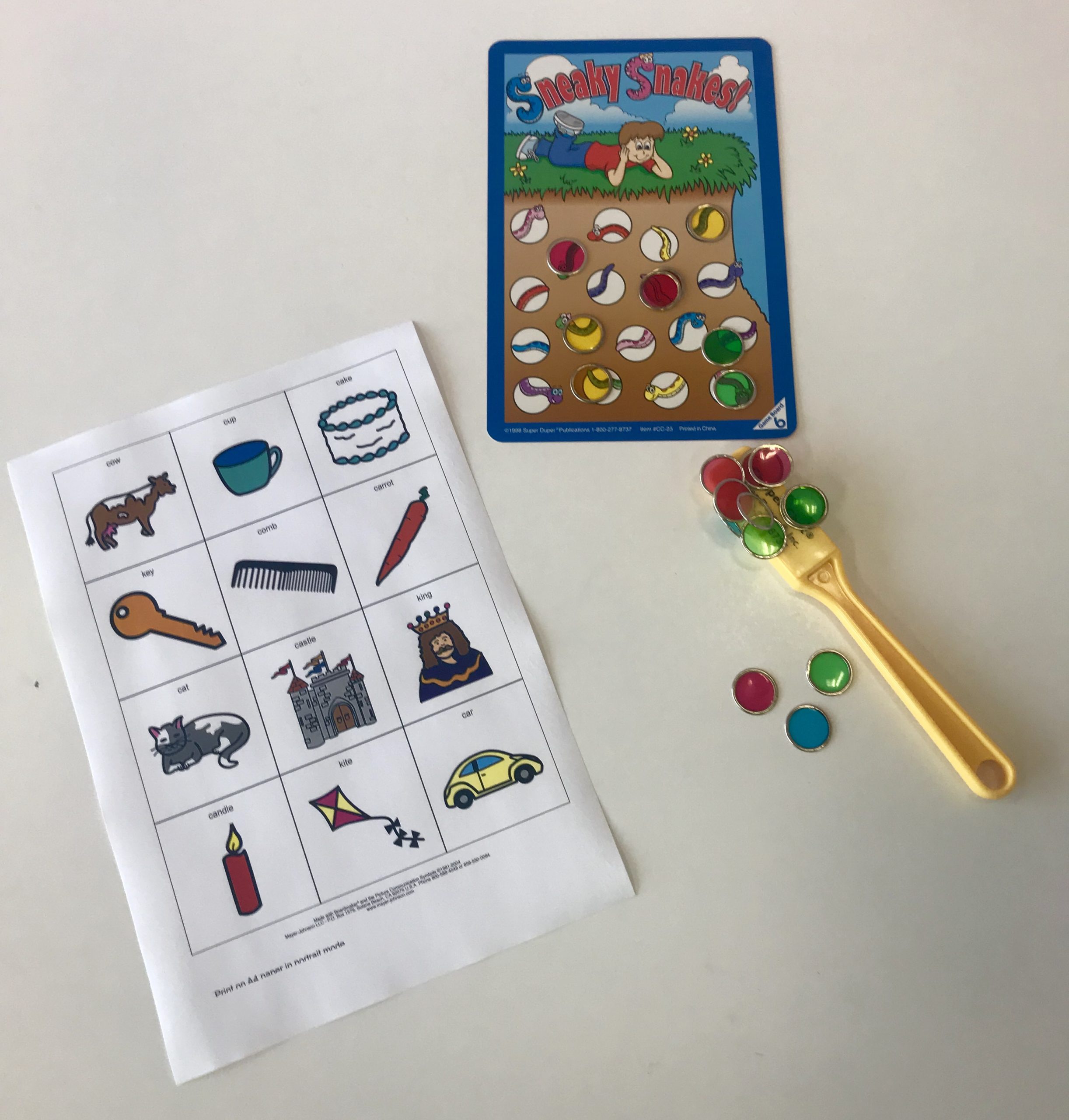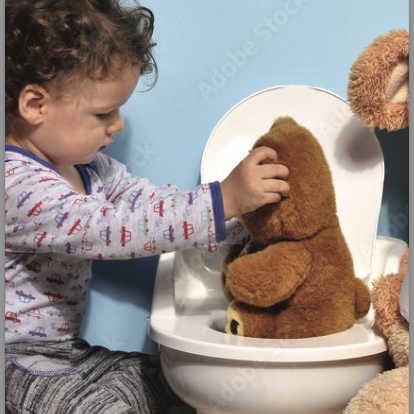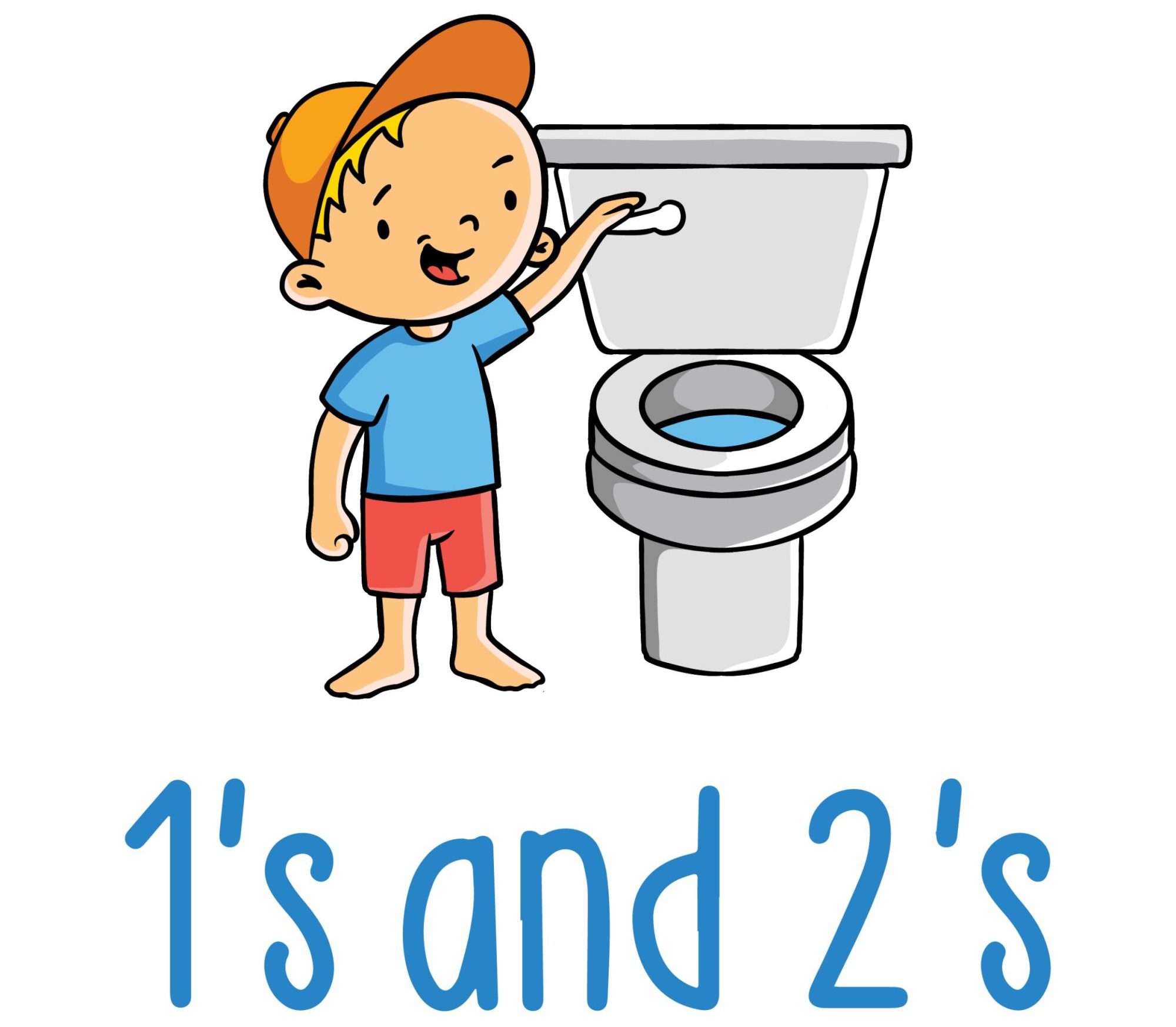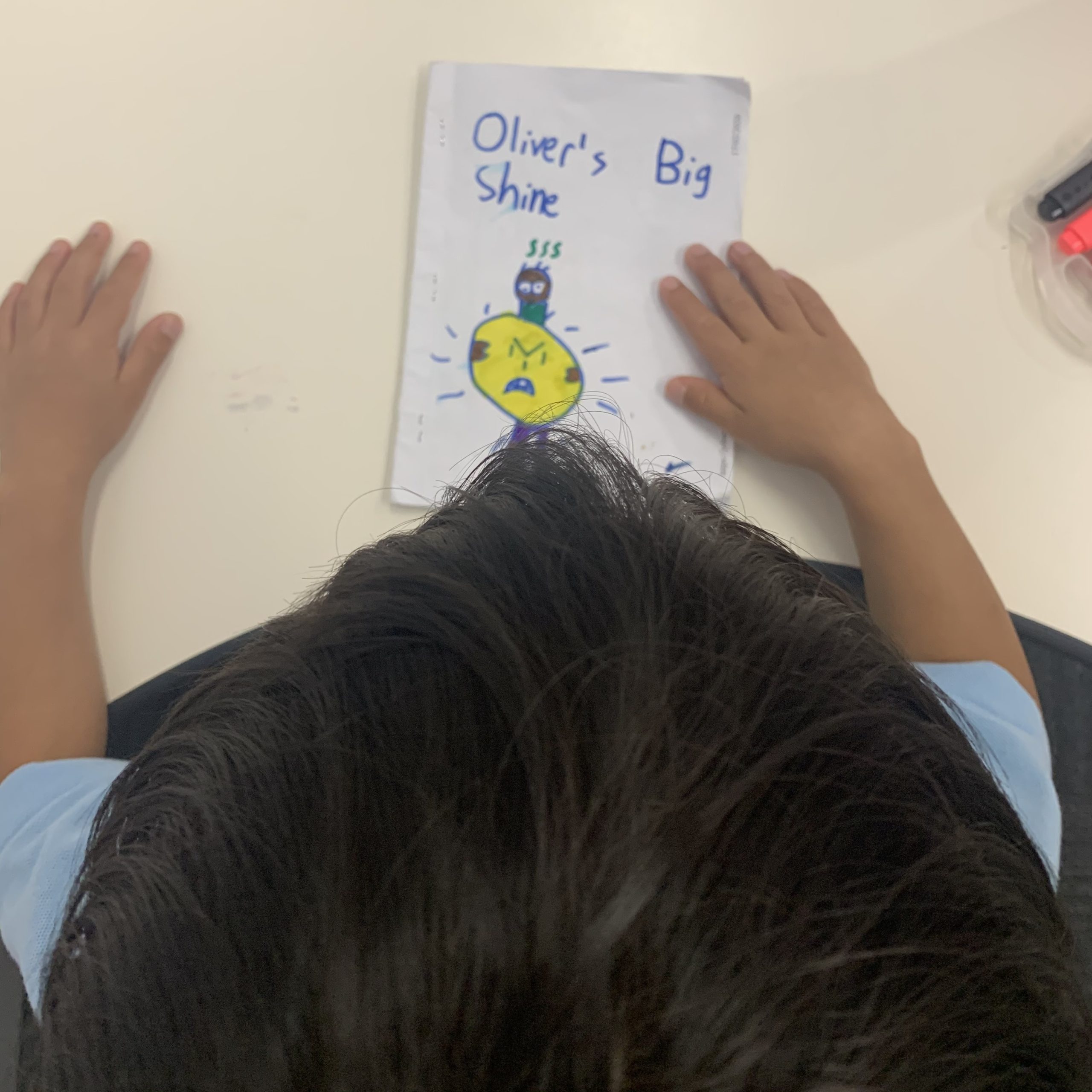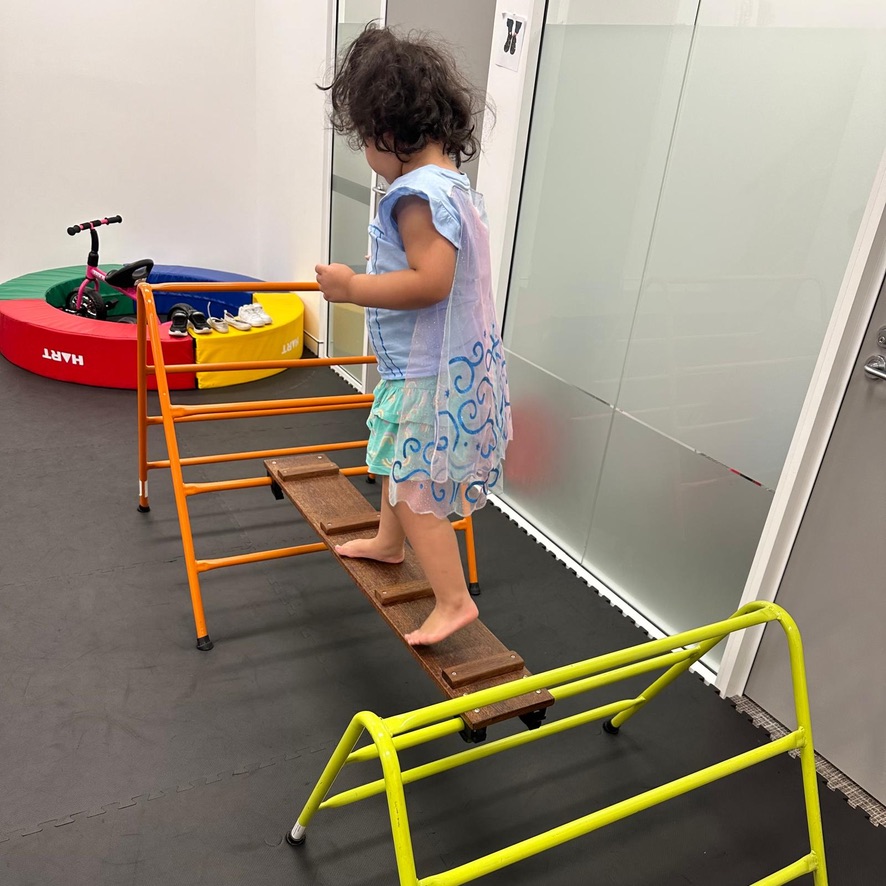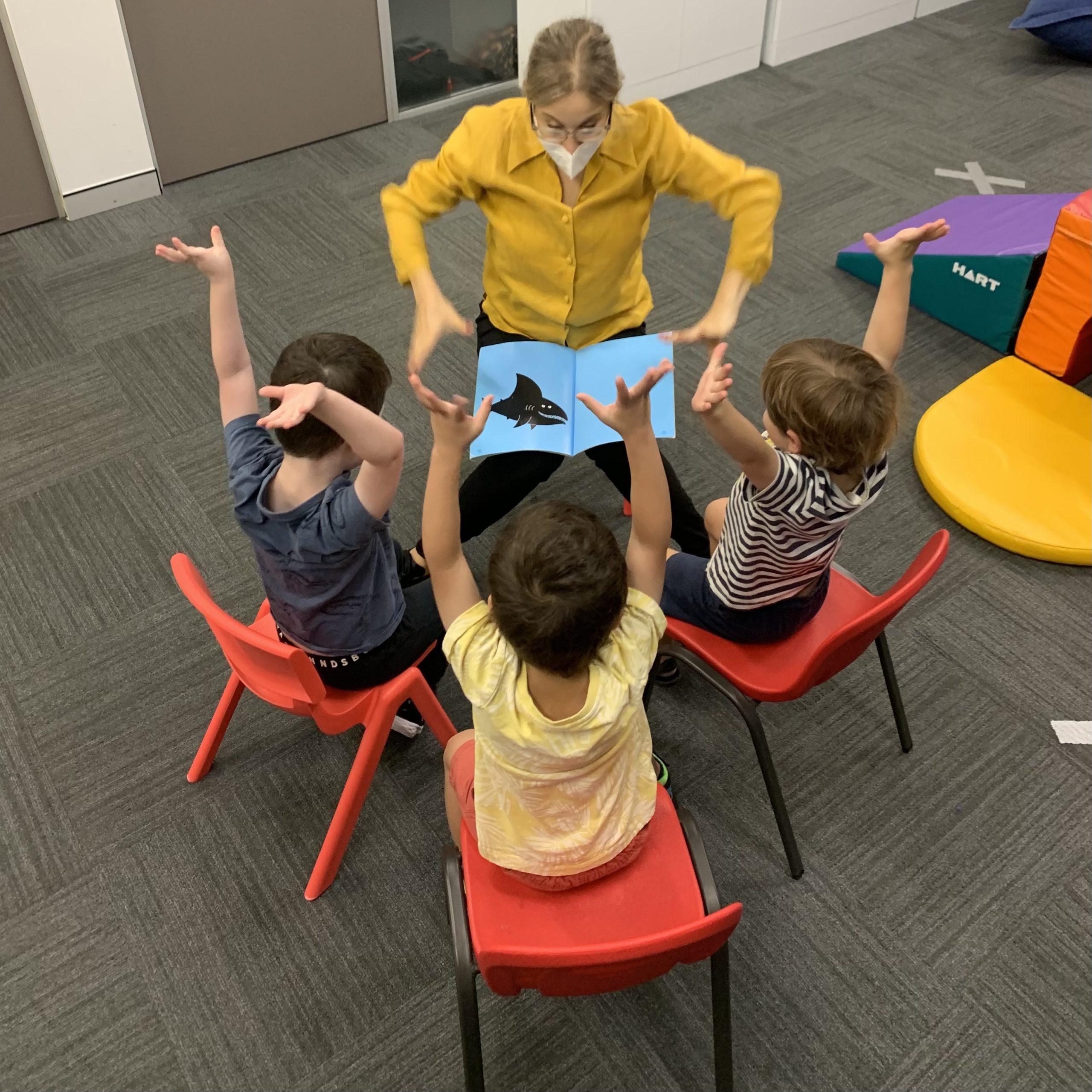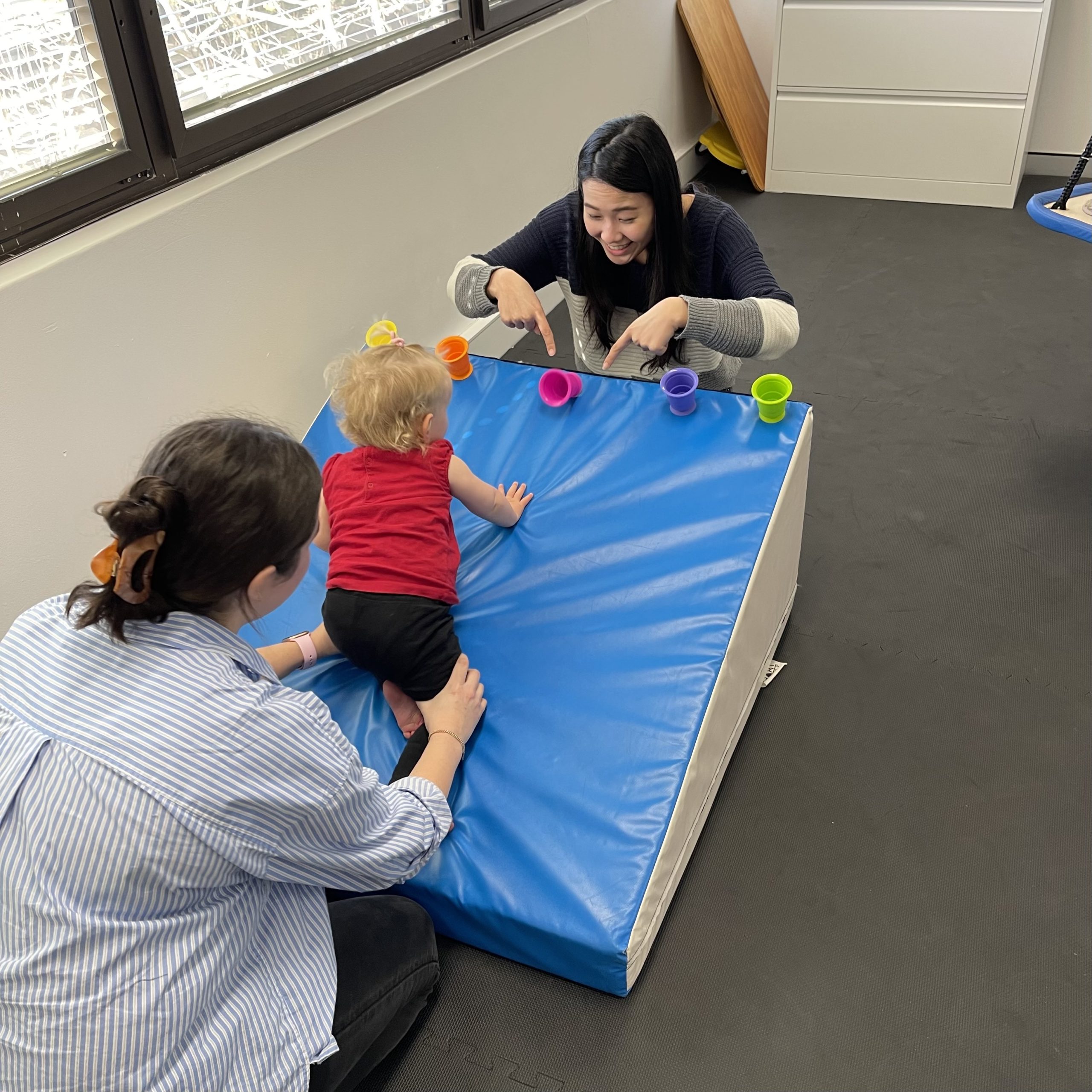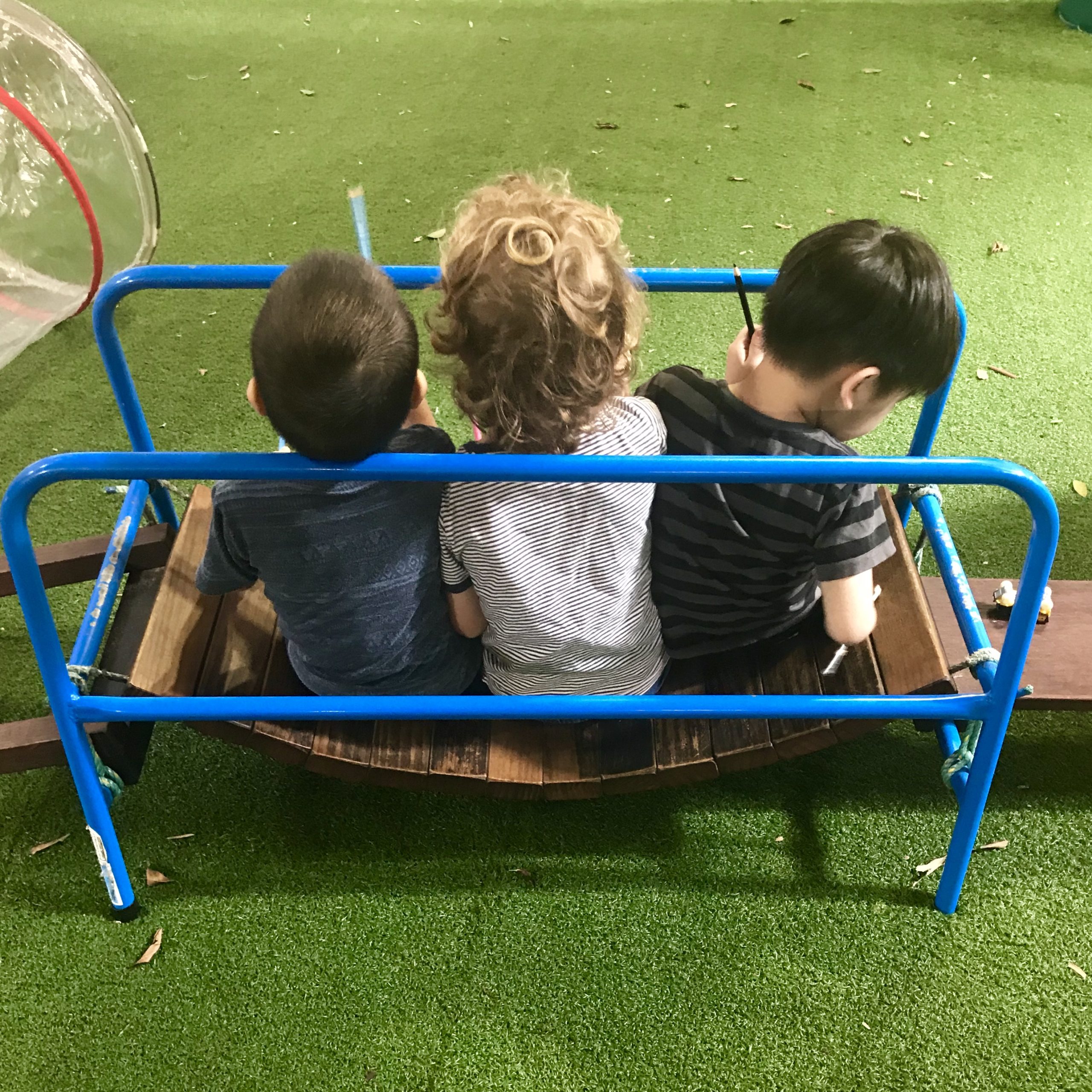
When to Start Your Child at Daycare: Navigating Communication Delays with Confidence Deciding when to enrol your child in daycare is a significant milestone for any parent. It’s a decision filled with questions and considerations, especially if your child has a communication delay. While it may seem daunting, rest assured that daycare can be a supportive environment that fosters growth and development. Let’s hear what our Speech Pathologists say and get their advice on how to navigate this journey with confidence. Understanding Communication Delays Firstly, let’s clarify what a communication delay entails. It can manifest in various forms, such as…

